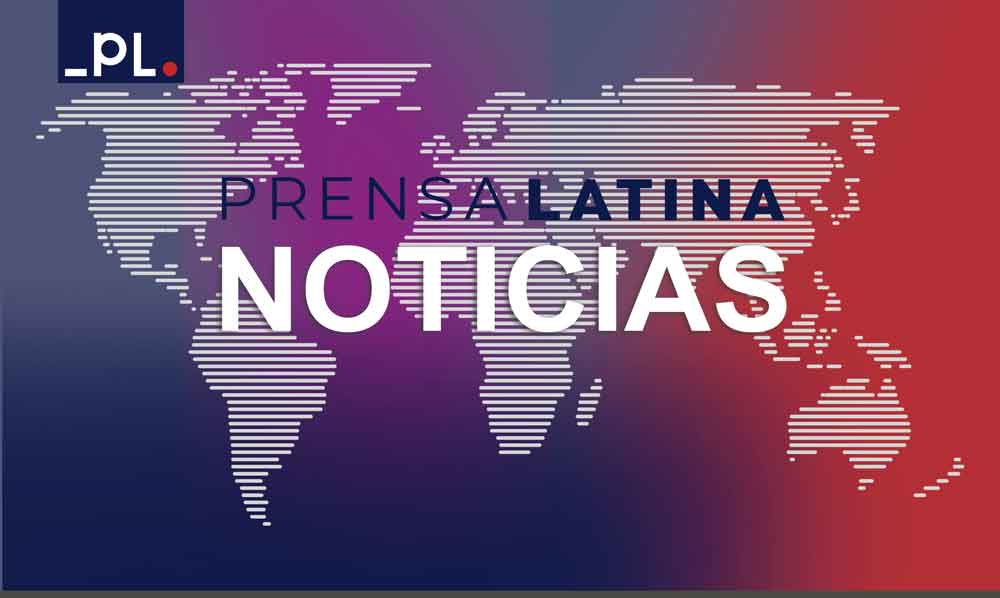A survey by the University Institute of Public Opinion (Iudop) at the Central American University José Simeón Cañas (Uca) found that 98 percent of respondents acknowledged the security advances made by President Nayib Bukele’s government in the country.
However, 64 percent see the economy as a serious problem and see it as their top concern at a time when the country faces periods of shortages of staple foods such as corn, beans and other grains due to drought. And that could be having impairments of more than 24 percent in their production.
Respondents identified closely related issues such as unemployment, the high cost of living and poverty, which help paint a picture that could be dangerous for Bukele, who still has strong support for re-election despite violating the terms of the constitution.
The research also found that 95 percent of the public say the emergency regime has done much or something to help fight crime, and they describe these policies as a cornerstone of the president’s security strategy.
After four years in government, Salvadoran voters give the president an 8.48 out of 10 rating, with little sign of disapproval of his management.
The study confirmed complaints from left-wing groups and pundits who estimate the economy could be a conflicting factor in the 2024 election, though few are betting on an election defeat for Bukele.
An assessment on the matter in 2022 found that 68.1 percent of respondents saw the economy as their top concern, and in 2023 that figure, although down to 64 percent, is worrying for policymakers close to the government.
For 59.2 percent of Salvadorans, the government did little or nothing to control price increases, unemployment and the rise in the cost of the basic food basket, among other problems affecting them, particularly the most vulnerable sectors. Poor people have increased in the country and some have ended up in extreme poverty.
lam/lb

